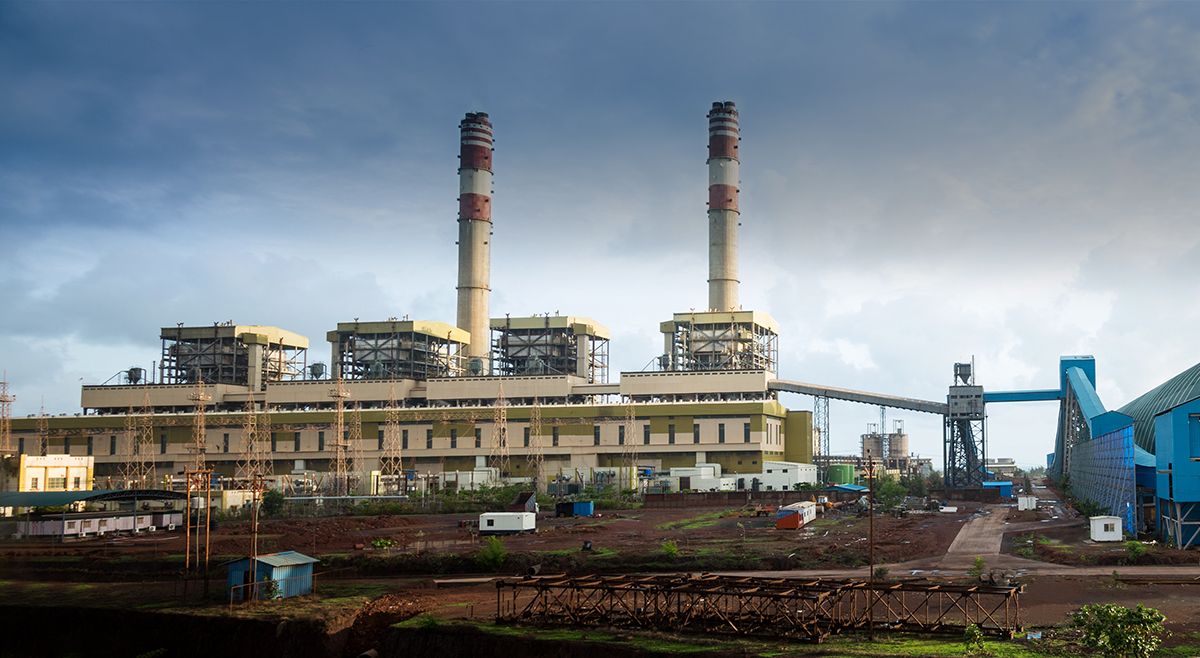JSW Energy reports 47.66% decline in Q1 net profit

JSW Energy reports 47.66% decline in Q1 net profit
In a statement, JSW Energy clarified that after adjusting for one-time items in the first quarter of the last financial year (FY23), the decline in net profit for the first quarter of the current financial year (FY24) stood at 34 percent. The company explained that the net profit for Q1 FY23, after accounting for these adjustments, was Rs 440 crore, even though the reported absolute number was Rs 554.78 crore.
The company’s spokesperson highlighted that out of the 34 percent decline in net profit (amounting to Rs 150 crore), around Rs 57 crore were related to capacity charges that would be recovered over the next few months. This means that technically the profit after tax (PAT) is down by Rs 93 crore (21 percent) compared to the first quarter of the previous year.
The statement suggests that the impact of non-operational expenses, such as the Mytrah buyout and the Ind-Barath 700 MW thermal NCLT deal, was partially mitigated by adjustments made to the previous year’s figures. It also indicates that a portion of the decline in net profit is expected to be recovered in the upcoming months through the recovery of capacity charges.
To gain a more comprehensive understanding of JSW Energy’s financial performance in the first quarter, it is advisable to refer to the company’s official financial statements, management discussions, and any further updates or disclosures provided by the company.
According to a company filing on July 14, JSW Energy reported a decline in revenue for the first quarter of the current financial year (FY24). Revenue fell from Rs 3,115.33 crore in the corresponding period of the previous year to Rs 3,013.22 crore. The decline in revenue can be attributed to two factors.
Firstly, the incremental revenue from the Mytrah acquisition contributed to the overall revenue. Mytrah Energy Limited, a renewable energy company acquired by JSW Energy, likely added to the company’s revenue stream during the first quarter. However, the specific impact of this incremental revenue was not mentioned.
Secondly, the decline in revenue was due to lower realizations in the thermal segment, which was offset by renewable energy capacity additions. JSW Energy mentioned that lower coal prices resulted in reduced realizations in the thermal segment, affecting the overall revenue. However, the exact extent of the decline in realizations or the impact of renewable energy capacity additions was not provided.
Despite the decline in revenue, JSW Energy reported an increase in earnings before interest, tax, depreciation, and amortization (EBITDA) for the first quarter. EBITDA rose by 18 percent from Rs 1,111 crore in the corresponding period of the previous financial year to Rs 1,307 crore. The EBITDA margin also improved, reaching 43 percent compared to 36 percent in the previous year.
The increase in EBITDA indicates improved operational performance and cost management by JSW Energy during the first quarter. However, it’s important to refer to the company’s official financial statements and management discussions for more detailed insights into the factors contributing to the increase in EBITDA and the overall financial performance of the company.
During FY23, JSW Energy significantly increased its operating capacity from 4,559 MW in FY22 to 6,564 MW. This addition of 2 GW in capacity was achieved through a combination of organic and inorganic means. The company undertook both internal expansions and acquisitions to enhance its overall operating capacity.
In Q1 FY24, JSW Energy experienced a 14 percent year-on-year increase in overall net generation. The company generated a total of 6.7 billion units during the quarter. This growth in net generation was primarily driven by the addition of new renewable energy capacities, including the capacity acquired from Mytrah Energy. Additionally, higher generation at the Ratnagiri plant contributed to the increase. However, the growth in net generation was partially offset by lower generation at the company’s hydropower assets.
JSW Energy has also received an allocation of production-linked incentives to establish a high-efficiency Wafer-Cell-Module (W-C-M) manufacturing capacity of 1 GW. The company is eligible for benefits amounting to Rs 320 crore under this incentive scheme. This initiative indicates JSW Energy’s focus on expanding its presence in the renewable energy sector and promoting the development of high-efficiency manufacturing capabilities.
For more detailed information on JSW Energy’s operating capacity, generation, and participation in production-linked incentive schemes, it is recommended to refer to the company’s official announcements, financial statements, and related disclosures.
JSW Energy Ltd’s financial results were announced after the market closed on July 14. Following the release of the results, the company’s shares on the National Stock Exchange (NSE) closed at Rs 304.6, registering a gain of Rs 5.70 or 1.91 percent.






